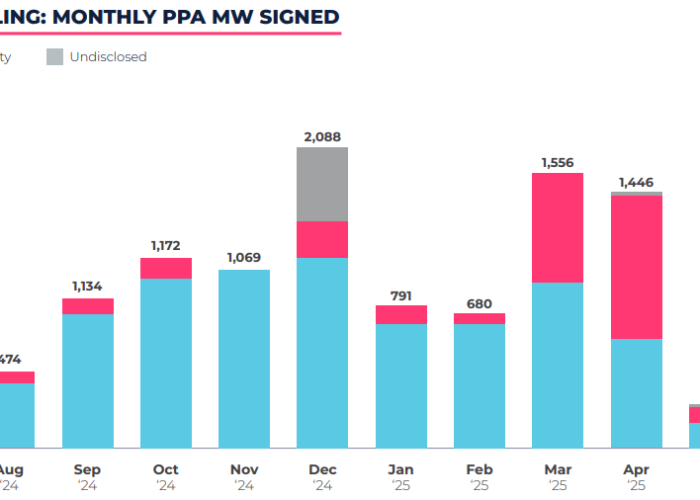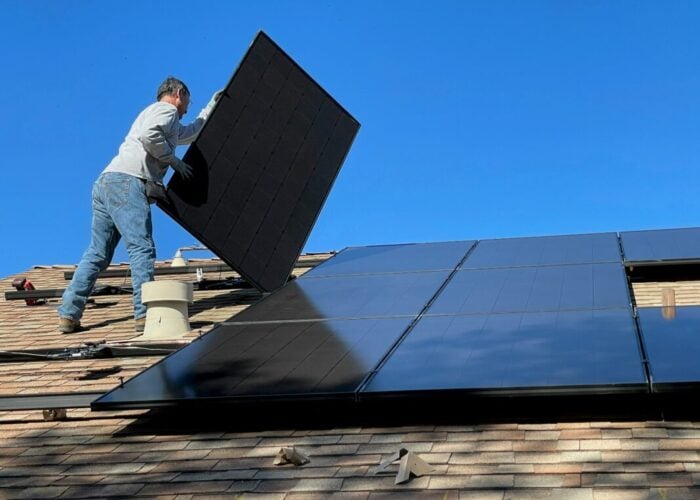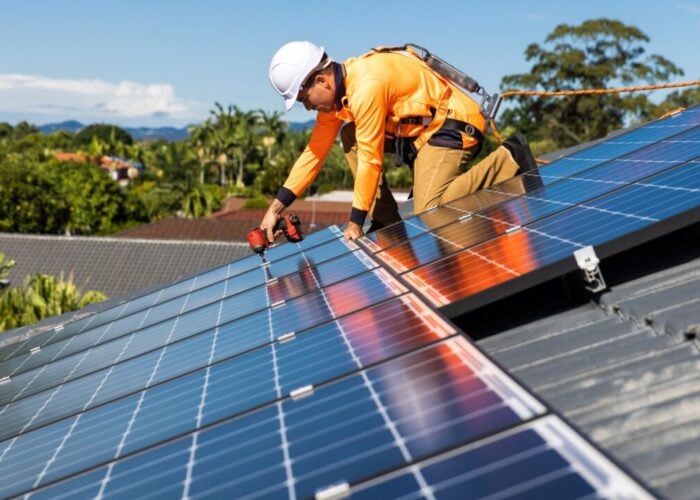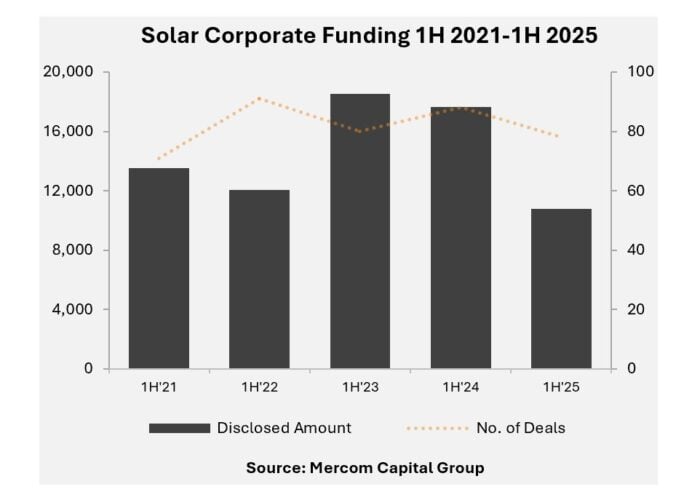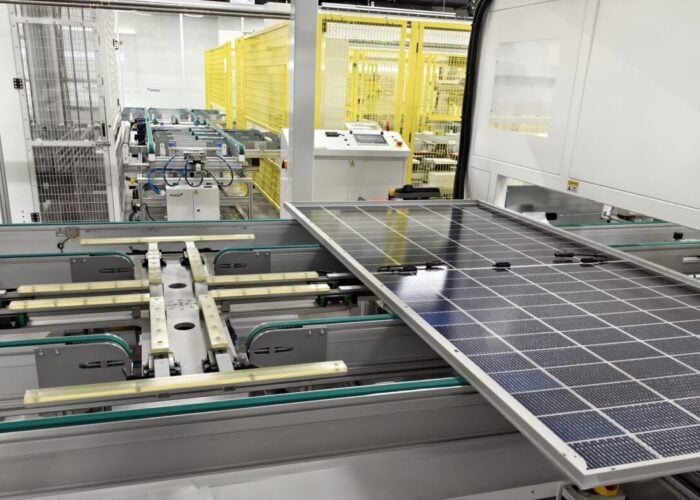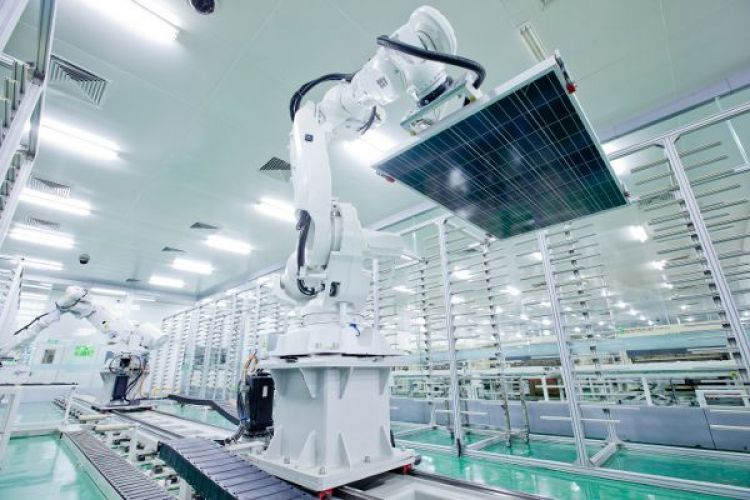
Major Chinese module manufacturer JinkoSolar has announced plans to supply engineering, procurement and construction (EPC) firm Nyox Srl with 100MW of its Tiger Neo modules.
The deal will see JinkoSolar provide its n-type tunnel oxide passivated contact (TOPCon) modules, which have a power conversion efficiency of 23.23%, to Nyox Srl. The EPC contractor is a joint venture owned by Edison Next, a subsidiary of UK research institute the Edison Group, and Polytec, an Italian automation company.
Unlock unlimited access for 12 whole months of distinctive global analysis
Photovoltaics International is now included.
- Regular insight and analysis of the industry’s biggest developments
- In-depth interviews with the industry’s leading figures
- Unlimited digital access to the PV Tech Power journal catalogue
- Unlimited digital access to the Photovoltaics International journal catalogue
- Access to more than 1,000 technical papers
- Discounts on Solar Media’s portfolio of events, in-person and virtual
Nyox Srl is a new venture, and while it did not announce where the modules would be deployed, it noted that it is aiming to accelerate “the decarbonisation of the industrial world”.
“This agreement protects our customers and their investments by ensuring high-quality products, with the promise of durability and performance,” said Alex Bottini, Nyox Srl CEO.
“A 100MW solar panel agreement is highly significant, and we are pleased and honoured to have signed it with a global partner like JinkoSolar, considering the importance of the development plans in the renewable energy sector that Nyox has decided to undertake.”
JinkoSolar announced the deal at the KEY Exhibition in the Italian city of Rimini, and noted that the modules were produced using “renewable energy throughout the entire production chain”. The news follows the company’s first announcement of a renewable supply chain for the Tiger Neo modules in February of this year, and is the latest investment made into ensuring all aspects of the solar supply chain comply with environmental standards.
Earlier this year, UL Solutions awarded a low-carbon certification to the Vertex series of modules produced by Chinese major Trina Solar, and noted that the “standard” solar cell produced today generates carbon emissions of 1,500kg/kW. Limiting such emissions will be crucial if the solar industry is to make a positive long-term impact on the world’s climate.

